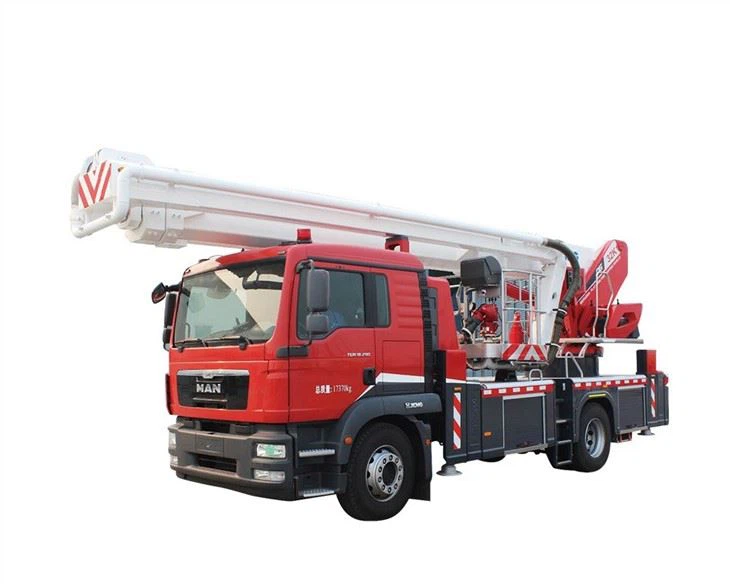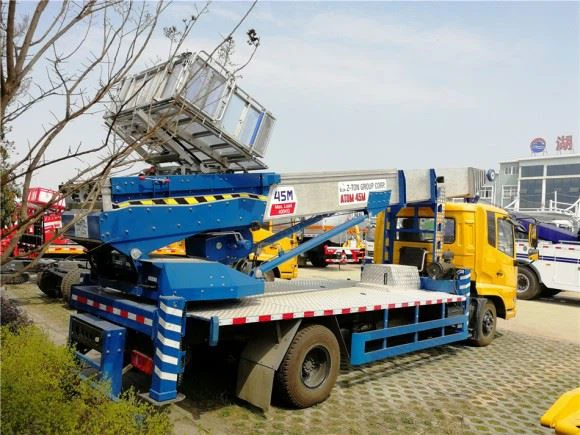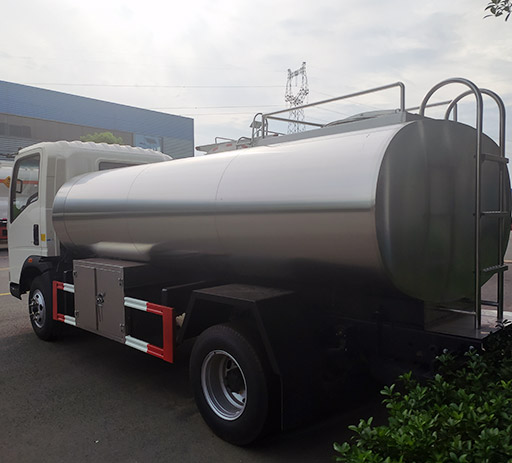Tanker Truck Sizes: A Comprehensive Guide to Understanding Various Capacities

Tanker trucks play a critical role in the transportation of liquids, from fuel to food products. Understanding the different sizes of tanker trucks is essential for businesses looking to optimize their logistics and distribution. This guide goes into detail about the various tanker truck sizes, their uses, and important considerations for choosing the right one.
What is a Tanker Truck?
A tanker truck is a commercial vehicle specifically designed to carry liquids or gases. They come equipped with a large cylindrical tank mounted on the chassis. Tanker trucks are used in a range of industries that require the transportation of liquid goods, including petroleum, chemicals, beverages, and more.
Types of Tanker Trucks and Their Sizes
Tanker trucks come in various types, designed to carry different liquids. Below are some of the most common tanker truck types and their standard sizes.
1. Fuel Tanker Trucks
Fuel tanker trucks are designed to carry gasoline, diesel, or other petroleum products.
Common Sizes
- Small Fuel Tankers: 1,500 to 3,000 gallons
- Medium Fuel Tankers: 4,000 to 7,000 gallons
- Large Fuel Tankers: 8,000 to 11,600 gallons
2. Chemical Tanker Trucks
These trucks transport various industrial chemicals and hazardous materials.
Common Sizes
- Small Chemical Tankers: 2,000 to 5,000 gallons
- Medium Chemical Tankers: 6,000 to 12,000 gallons
- Large Chemical Tankers: 13,000 to 20,000 gallons
3. Food Grade Tanker Trucks
These are specially designed to transport food and beverage products, meeting strict hygiene and safety standards.
Common Sizes
- Small Food Grade Tankers: 1,200 to 3,000 gallons
- Medium Food Grade Tankers: 4,000 to 7,000 gallons
- Large Food Grade Tankers: 8,000 to 10,000 gallons
4. Water Tanker Trucks
These trucks are used for transporting potable and non-potable water for various applications.
Common Sizes
- Small Water Tankers: 1,000 to 3,000 gallons
- Medium Water Tankers: 4,000 to 6,000 gallons
- Large Water Tankers: 8,000 to 12,000 gallons
Factors Affecting Tanker Truck Size Selection
When selecting a tanker truck, several factors should be considered to ensure you choose the right one for your needs.
1. Type of Liquid Being Transported
Different liquids have different transport requirements. For example, flammable liquids like gasoline might require specialized tanker trucks with safety features such as additional safety valves and pressurized systems.
2. Distance of Transport
For longer distances, larger tankers may be more efficient as they can reduce the number of trips needed. Consider the logistics of loading and unloading as well.
3. Regulatory Compliance
Depending on the substance being carried, specific regulations might govern the size and construction of the tanker. It’s critical to ensure compliance with safety and environmental regulations.
4. Route Characteristics
The route taken must also be considered. Some roads may have weight limits or height restrictions, which could affect thesize of the tanker truck you can use.
5. Cost and Budget
Generally, larger tankers are more expensive to purchase and maintain; therefore, your budget will play a significant role in selecting the most appropriate size.

Practical Examples of Tanker Truck Use Cases
Understanding practical applications helps clarify why the size of a tanker truck matters.
1. Gasoline Distribution
A small gasoline tanker holding around 2,500 gallons could efficiently supply local gas stations, while a larger tanker of 10,000 gallons would be ideal for a central distribution hub covering multiple retailers.
2. Chemical Transportation
For transporting industrial chemicals, a medium-sized tanker rated for 8,000 gallons is often sufficient for regional deliveries, while larger operations requiring bulk distribution may use tankers with a capacity of 15,000 gallons or more.
3. Water Supply for Construction Sites
Construction sites often require large amounts of water for various applications. A large water tanker truck holding approximately 10,000 gallons would minimize transportation costs by reducing the number of trips required.
Specifications to Consider When Choosing Tanker Trucks
When selecting a tanker truck, focus on various specifications to aid in your decision-making process.

1. Tank Material
Tankers are often made from aluminum, steel, or fiberglass. Each material comes with its pros and cons regarding durability, weight, and cost.
2. Tank Shape
Most tankers are cylindrical to allow for easy liquid flow and pressure distribution. However, specialized shapes may be needed based on the liquid being transported.
3. Valve and Loading Systems
Loading and unloading systems vary; look for easy-to-operate valves and pump systems that make the process efficient and safe.
4. Safety Features
Ensure that the tanker truck is equipped with essential safety features appropriate for the liquid being transported, such as emergency shut-off valves and anti-siphon systems.
Maintenance Tips for Tanker Trucks
Regular maintenance is essential for ensuring safety and efficiency in tanker truck operations.
1. Regular Inspections

Frequent inspections can detect issues early, such as cracks or leaks in the tank.
2. Cleanliness
Chemical and food-grade tankers require thorough cleaning after each use to avoid contamination. Schedule regular cleaning protocols based on the liquids transported.
3. Fluid Checks
Regularly check and refill hydraulic fluids, brake fluids, and other crucial systems to ensure the truck operates safely.
4. Tire Maintenance
Monitor tire pressure and conditions, as a heavily loaded tanker truck affects tire wear and affects overall safety.
FAQ Section
1. What are the different sizes of tanker trucks available?
Tanker trucks come in various sizes, typically ranging from 1,000 to over 20,000 gallons. Common categories include small (1,500 – 3,000 gallons), medium (4,000 – 12,000 gallons), and large (13,000 gallons and up).
2. How much does a typical tanker truck cost?
The cost of a tanker truck can vary widely depending on size, type, and specifications, ranging from $30,000 to over $200,000.
3. Are there specific tanker trucks for hazardous materials?
Yes, specific tanker trucks are designed for hazardous materials with enhanced safety features to mitigate risks.
4. How often should tanker trucks be inspected?
It’s recommended that tanker trucks undergo inspections at least once a year, with more frequent checks required based on usage and the type of liquids transported.
5. What types of liquids can tanker trucks carry?
Tanker trucks can transport a wide range of liquids including fuel, chemicals, water, and food products.
6. Can I customize a tanker truck for my specific needs?
Yes, many manufacturers offer customizable tanker trucks to suit specific requirements, including size, material, and safety features.
